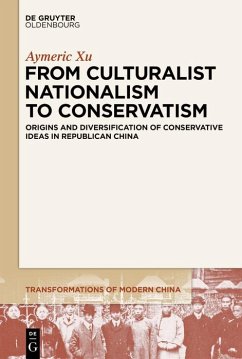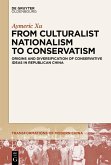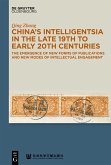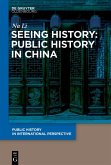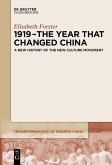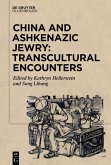What does it mean to be a conservative in Republican China? Challenging the widely held view that Chinese conservatism set out to preserve traditional culture and was mainly a cultural movement, this book proposes a new framework with which to analyze modern Chinese conservatism. It identifies late Qing culturalist nationalism, which incorporates traditional culture into concrete political reforms inspired by modern Western politics, as the origin of conservatism in the Republican era. During the May Fourth period, New Culture activists belittled any attempts to reintegrate traditional culture with modern politics as conservative. What conservatives in Republican China stood for was essentially this late Qing culturalist nationalism that rejected squarely the museumification of traditional culture. Adopting a typological approach in order to distinguish different types of conservatism by differentiating various political implications of traditional culture, this book divides the Chinese conservatism of the Republican era into four typologies: liberal conservatism, antimodern conservatism, philosophical conservatism, and authoritarian conservatism. As such, this book captures - for the first time - how Chinese conservatism was in constant evolution, while also showing how its emblematic figures reacted differently to historical circumstances.
Dieser Download kann aus rechtlichen Gründen nur mit Rechnungsadresse in A, B, BG, CY, CZ, D, DK, EW, E, FIN, F, GR, HR, H, IRL, I, LT, L, LR, M, NL, PL, P, R, S, SLO, SK ausgeliefert werden.

